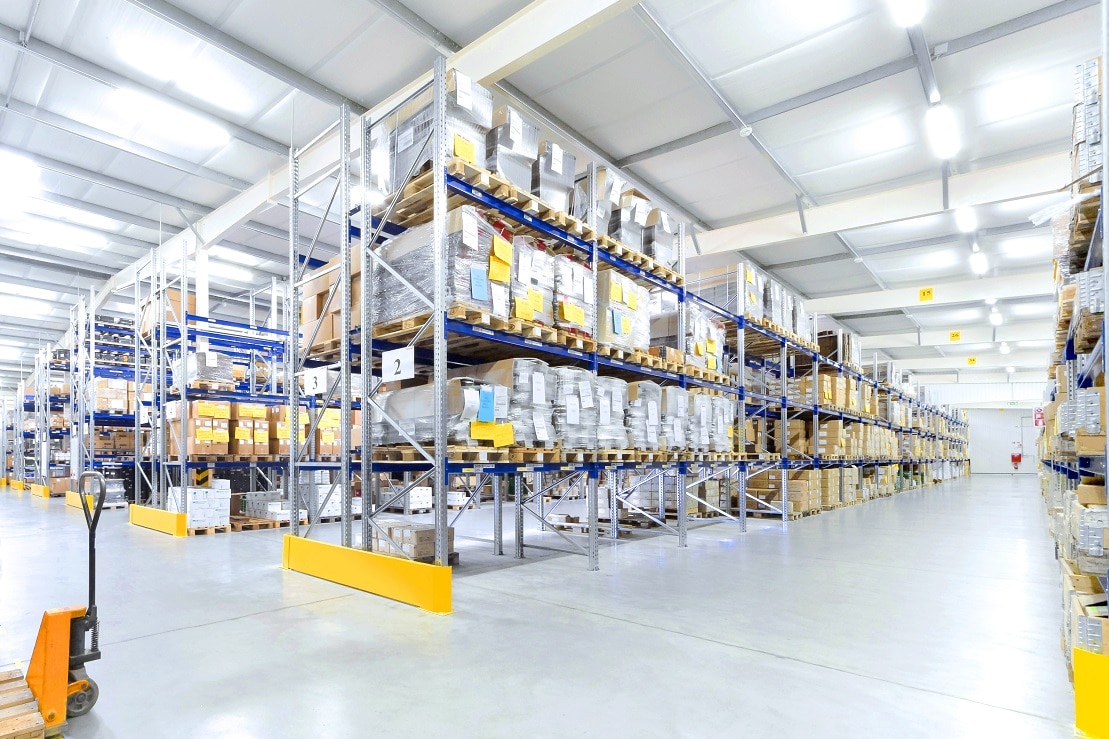There’s a notion that concepts or constructs that have been around for too long are likely to stay around for longer. This is known as the Lindy effect. One such construct that has stood the test of time is the marketplace, which has been around for thousands of years connecting buyers and sellers and making trade happen.
When you have a place at the market you get a share of the traffic. The better your products and your marketing the more customers you can get. Simple.
Fast forward to today and marketplaces have gone global and digital with millions of products traded every minute at the touch of a button. Although much of that phenomenal growth has been in the B2C space, B2B digital commerce is not to be underestimated, and most of it takes place through what is known as “B2B marketplaces”. Currently, global B2B e-commerce is valued at over 12 trillion USD and expected to grow at a compound annual growth rate of 17.5% between 2020 and 2027. At the spearhead of this growth are giants like Amazon and Alibaba.
Adoption is happening at different speeds around the world. While in some regions B2B e-commerce is mostly wholesale of consumer goods by manufacturers or simple business purchases of office furniture and supplies, other parts of the world are already seeing businesses buy and sell complex products like machinery, agrochemicals, electronic circuits, and automotive parts. Depending on where you are in the world and what industry you’re in, it might either be too early or too late for you to make your presence.
Should you sell on B2B marketplaces? or your own e-commerce website? or both? Here’s what we think.
Benefits of B2B Marketplaces
We definitely recommend that you create your presence on the B2B marketplaces that are relevant for your business. These platforms are a good sales and marketing tool to help you gain more visibility and potentially gain new customers and access new markets. Here are some of the benefits:
- Visibility is a key benefit of listing on B2B marketplaces. Potential buyers can come across your profile when they are searching, even if they were just on a search engine not knowing about the B2B platform or your company. These platforms are typically huge sites and they invest heavily in their search engine visibility. Besides, the referral traffic from these sites to your own website and product pages is a good boost to your own SEO.
- B2B Marketplaces can help in streamlining and automating procurement and fulfillment. Some of these marketplaces are equipped with advanced functionality for managing RFQs and quotations, purchase orders, bidding processes, repeat purchases, procurement contracts, deliveries and more. This can help you save cost and time and increase your efficiency.
- B2B Marketplaces can help you gain valuable insights into customer feedback, market demand, new trends, buying intent, and competition.
- For exporters, B2B marketplaces are an indispensable platform to access new markets, especially since importers are used to such channels for sourcing products. They can also help in finding resellers and distributors in new geographies.
- For specialized companies selling to niche markets or sectors, B2B marketplaces are an effective way to provide easy and direct access for potential buyers.
- The majority of B2B marketplaces are free and easy to use and setup, which makes them a low-cost low-risk sales and marketing tool. Some of these platforms provide add-on services and tools for sales and marketing which can be helpful for businesses without a dedicated team.
- For companies that do not have the resources to launch their own e-commerce website, B2B marketplaces are a good alternative to start with and a great learning experience ahead of launching their own store.
Top B2B Marketplaces
Here are some of the top B2B marketplaces out there today:
- Alibaba
- Amazon
- Amazon Business
- DHGate
- DirectIndustry
- EC21
- ECVV
- EuroPages
- eWorldTrade
- Exporthub
- Global Sources
- GlobalSpec
- IndiaMart
- Industry Stock
- IQS Directory
- Kompass
- ThomasNet
- TradeIndia
- TradeKey
- Tradeling
- TradeWheel
Choosing the Right B2B Marketplaces
The above list includes some of the largest, oldest, and most popular B2B marketplaces, but it is by no means an exhaustive list. There are hundreds of platforms out there and if you dig deeper you may find ones that are very relevant for you, especially if you are targeting a niche segment or geography. All these marketplaces are different in terms of their size, user base, specialisation and geography among other things. Choosing the right ones for your business will take a bit of research. A common indicator beyond the basics is to see whether your competitors are there or not. Here’s a sample comparison of marketplaces done by Kyto.
Selling on your own Website
The chief difference between selling on a B2B marketplace and selling on your own website is really the traffic of potential buyers. The marketplace offers you the traffic, while on your own website you have to generate that traffic through marketing, especially if your brand is not widely known. On the other hand, selling on your own website gives you control over the process and the experience, and saves you the marketplace’s commission and fees.
Building, operating and marketing your own e-commerce store can be a significant investment and it takes a lot of work to perfect it. If your business is not ready for it yet, we recommend at least adding an interactive catalogue of your products to your website. Your prospects can then search and get detailed information about each product and submit an inquiry form if they are interested. This can be a good interim solution and a stepping stone towards full e-commerce.
If resources are not an issue, we recommend for businesses to create their own B2B e-commerce store in addition to their presence on the relevant B2B marketplaces. Neither of these two platforms is a substitute for the other. It is also important to integrate the two together to ensure consistency of information and experience. It should be possible for the marketplace traffic to easily carry through to your company’s website and product pages. It is common for buyers to do their research on marketplaces but their transactions on the supplier’s website or by contacting the supplier directly through the traditional route.






